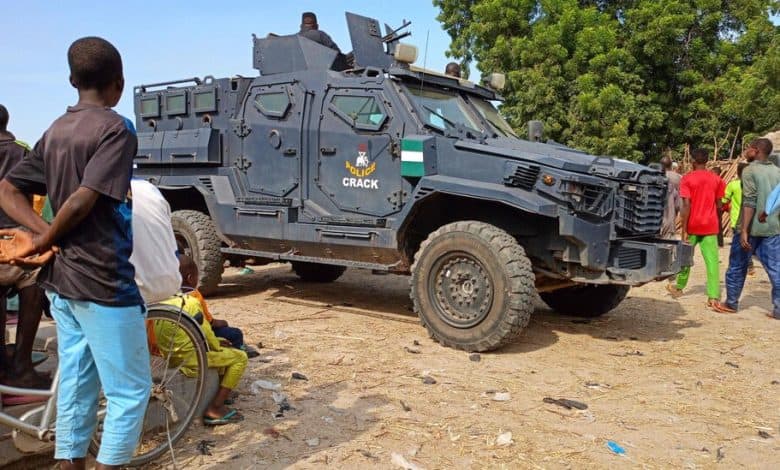Hundreds Are Feared Seized in Nigeria, as Kidnapping Epidemic Worsens

Theirs were already lives of great hardship, in camps for displaced people, after they had fled their homes in Nigeria’s embattled northeast. One recent day, they risked a foray into the countryside to collect firewood — and around 200 of them, some officials said, were kidnapped.
Just days later, dozens of children — if not more — were reported abducted on Thursday from a primary school some 500 miles away in central Nigeria.
Who was responsible was unclear, and the security services have made no statements. The first incident took place in the region terrorized by Boko Haram, the brutal Islamist group with a history of mass abductions. Residents told local media that bandits had carried out the second.
But the two had vital elements in common: they involved some of the most vulnerable people in society, and demonstrated the failure of Nigeria’s successive governments and armed forces to bring peace and stability to a fractious land.
Parts of Nigeria, a West African nation that is the most populous on the continent, are plagued by crime and violence, and the 15-year-old Boko Haram insurgency in the north continues. Boko Haram’s abduction of 276 schoolgirls from their dormitory in the town of Chibok 10 years ago, which set off international outrage, is still an open wound; 98 of the victims are still missing, according to Amnesty International.
More than 3,600 people were reported abducted in Nigeria last year — the highest number in five years, according to the Armed Conflict Location and Event Data Project, though the true number is likely much higher as many episodes go unreported.